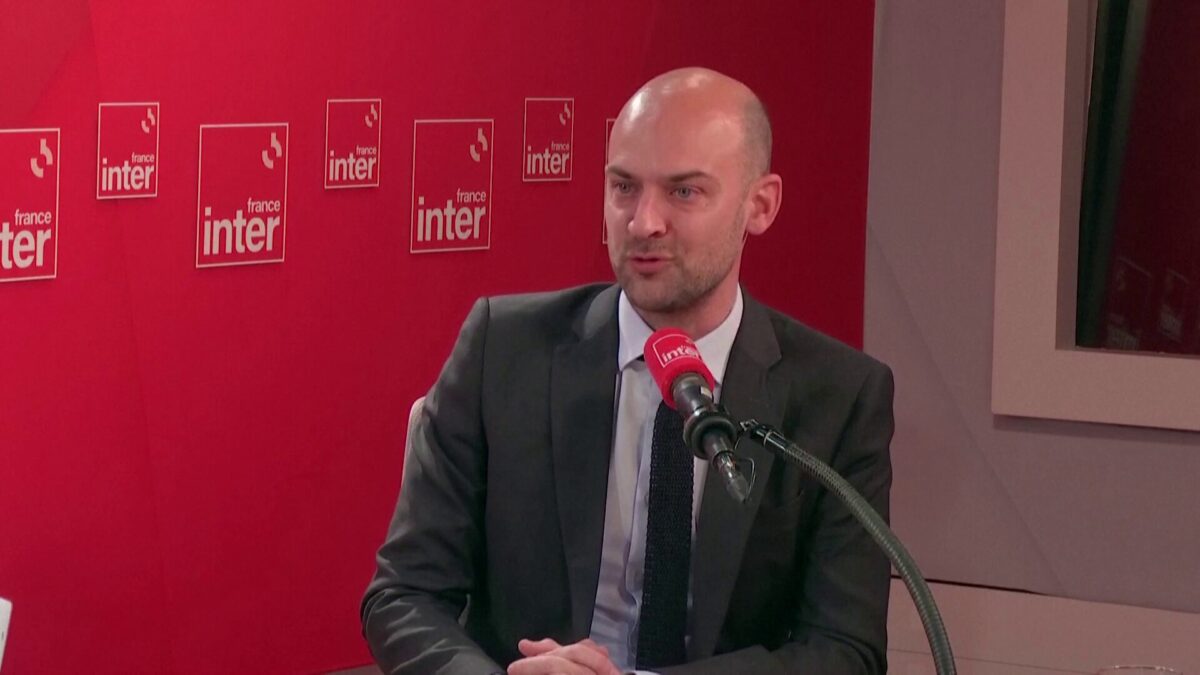PARIS — The European Union will not tolerate any threats to its borders, France’s foreign minister said Wednesday, following remarks by U.S. President-elect Donald J. Trump about potentially taking control of Greenland.
In comments made Monday, Mr. Trump declined to rule out military or economic measures to acquire the vast Arctic territory, which has been part of Denmark for more than 600 years. He also mentioned a desire to assert control over other strategic locations, including the Panama Canal.
French Foreign Minister Jean-Noël Barrot dismissed the notion of a U.S. invasion of Greenland but emphasized the EU’s resolve. “The European Union will not allow its sovereign borders to be violated,” Mr. Barrot said in an interview with France Inter radio.
Mr. Trump’s remarks, coming less than two weeks before his inauguration on January 20, have raised eyebrows internationally, signaling what some perceive as an expansionist approach to U.S. foreign policy. The comments have drawn criticism from European officials, particularly in Denmark, which controls Greenland.
Mr. Barrot also touched on other pressing EU issues, calling for stricter enforcement of existing laws to protect European interests. He suggested that if the European Commission fails to act decisively, member states, including France, should regain the authority to enforce such measures independently.
“Either the European Commission applies the laws with the greatest firmness to protect our unique space, or it does not. In that case, member states must be empowered to act,” Mr. Barrot said.
EU sanctions and Syria
In the same interview, Mr. Barrot addressed EU sanctions on Syria, which have been criticized for impeding humanitarian aid and the country’s recovery. He suggested that these sanctions could be eased quickly if progress is made on issues such as women’s rights and security.
The foreign minister noted ongoing discussions with EU partners about lifting other sanctions, contingent on concrete improvements in Syria.
Mr. Barrot’s comments reflect broader concerns among European leaders about balancing enforcement of EU sovereignty with evolving international challenges as a new U.S. administration prepares to take office.





